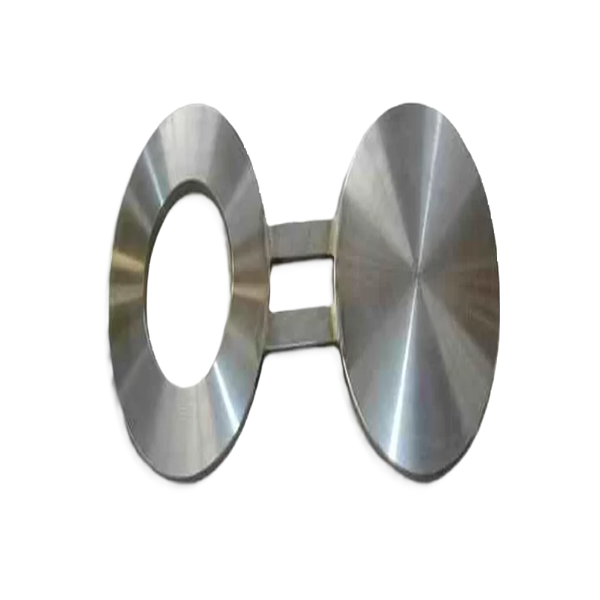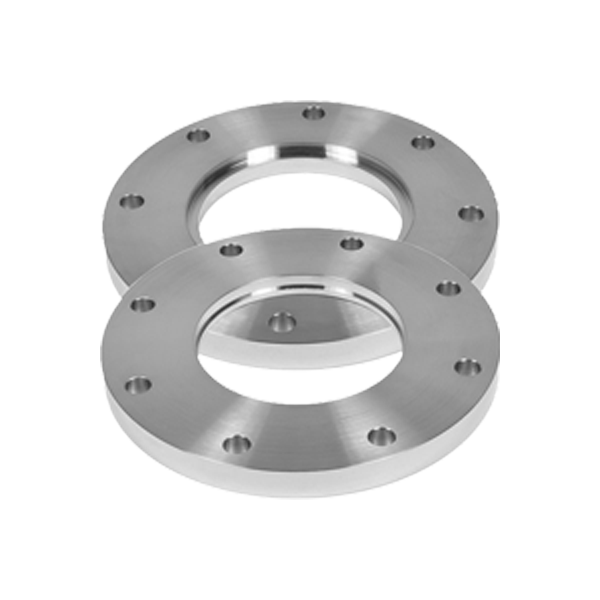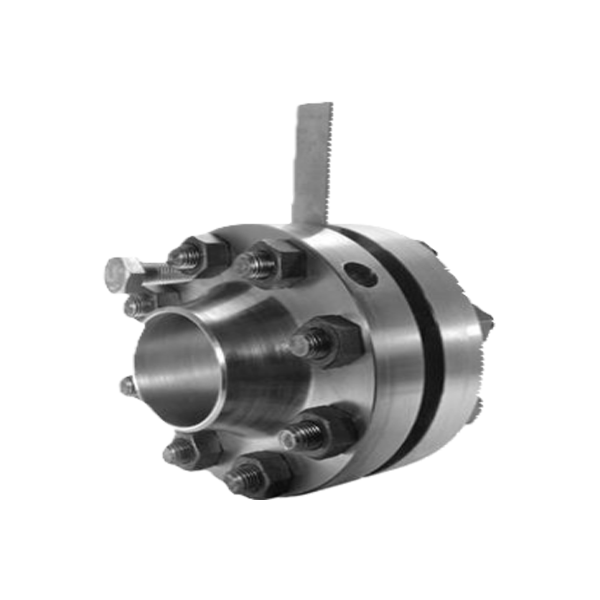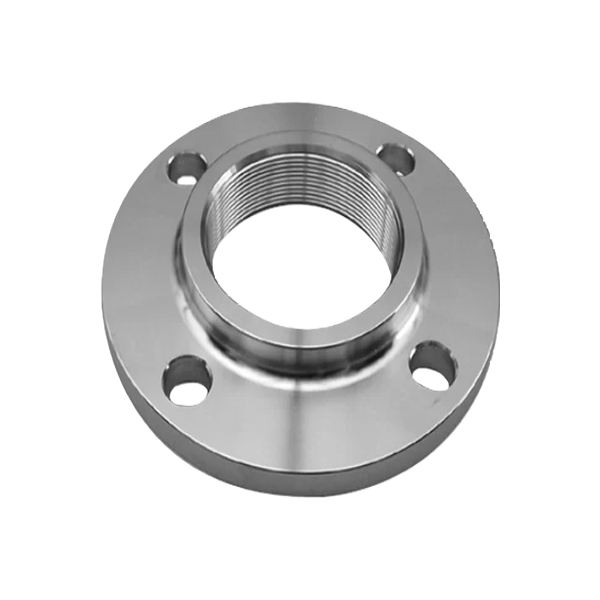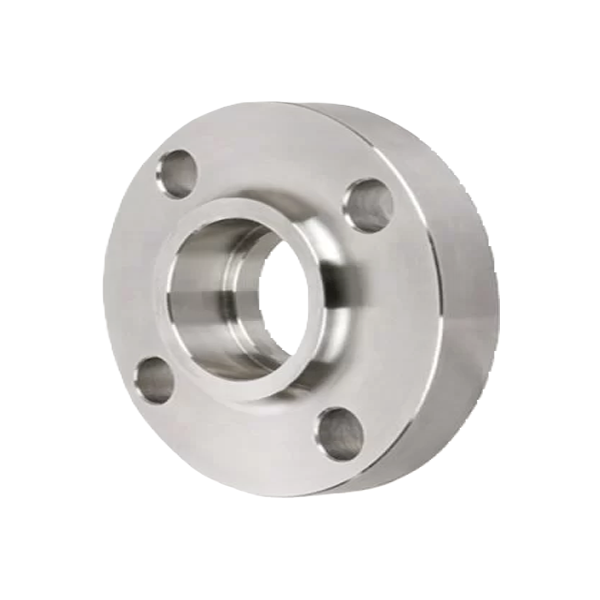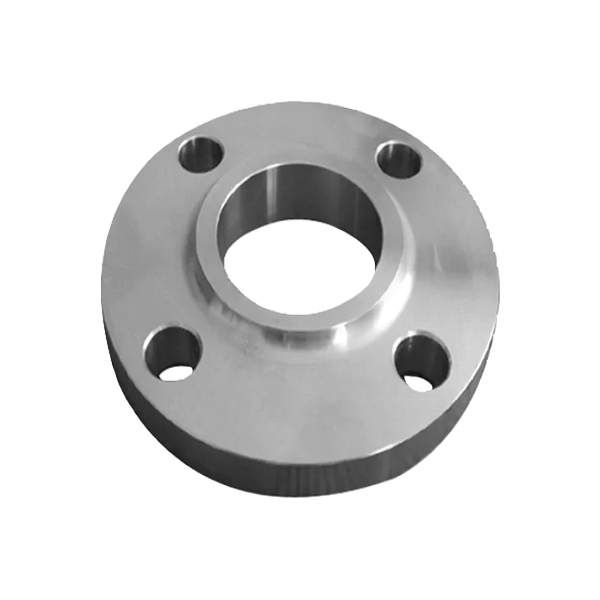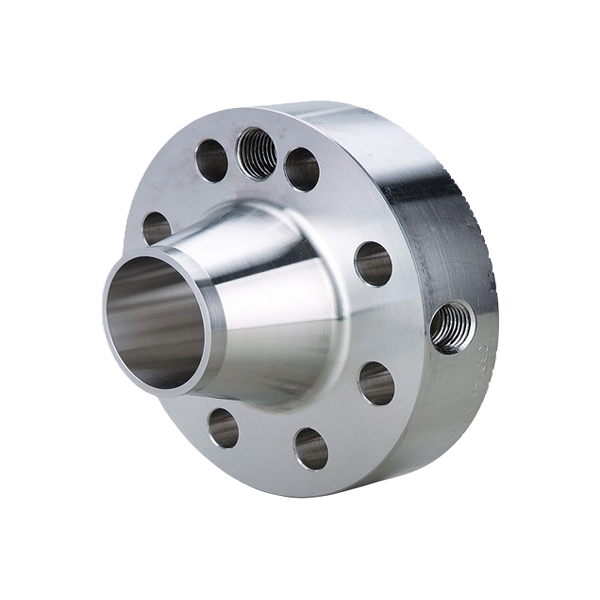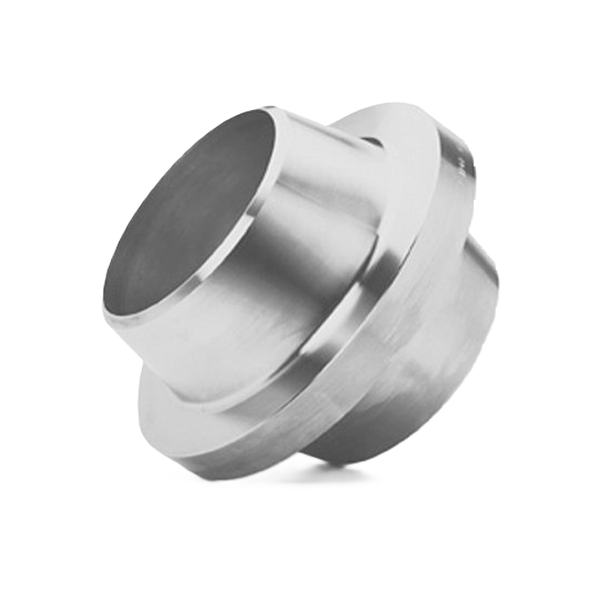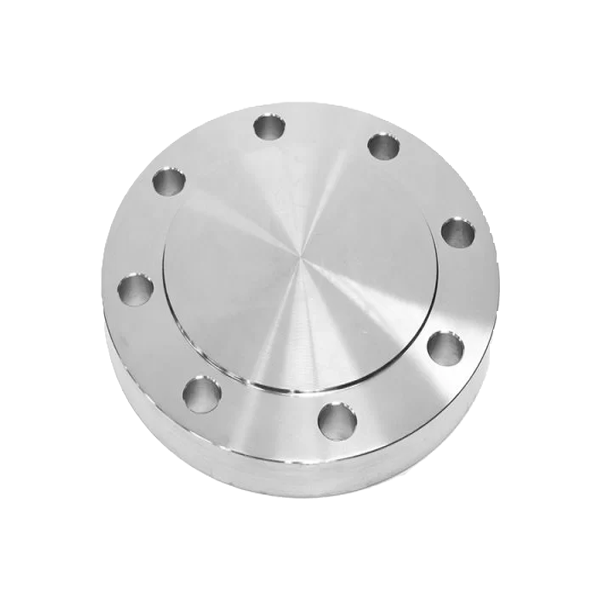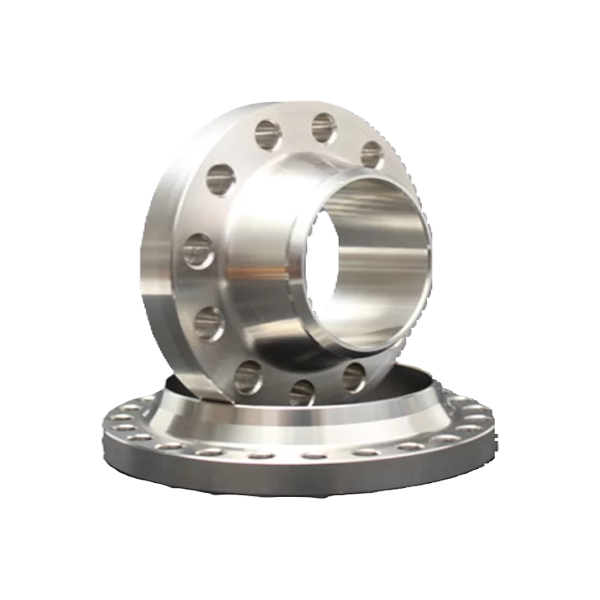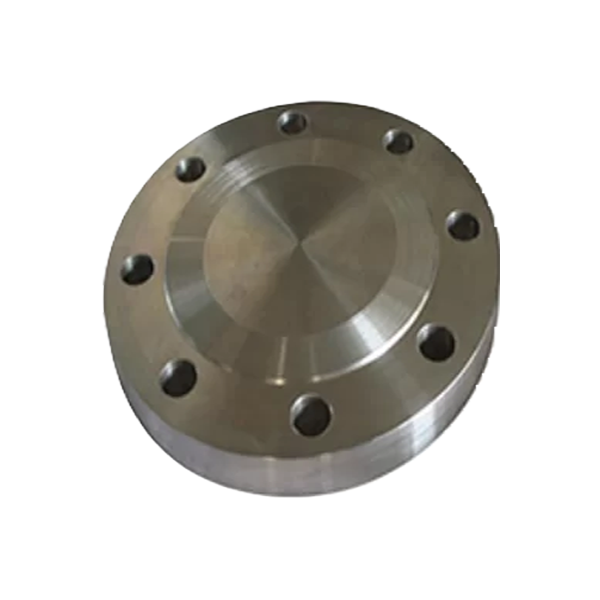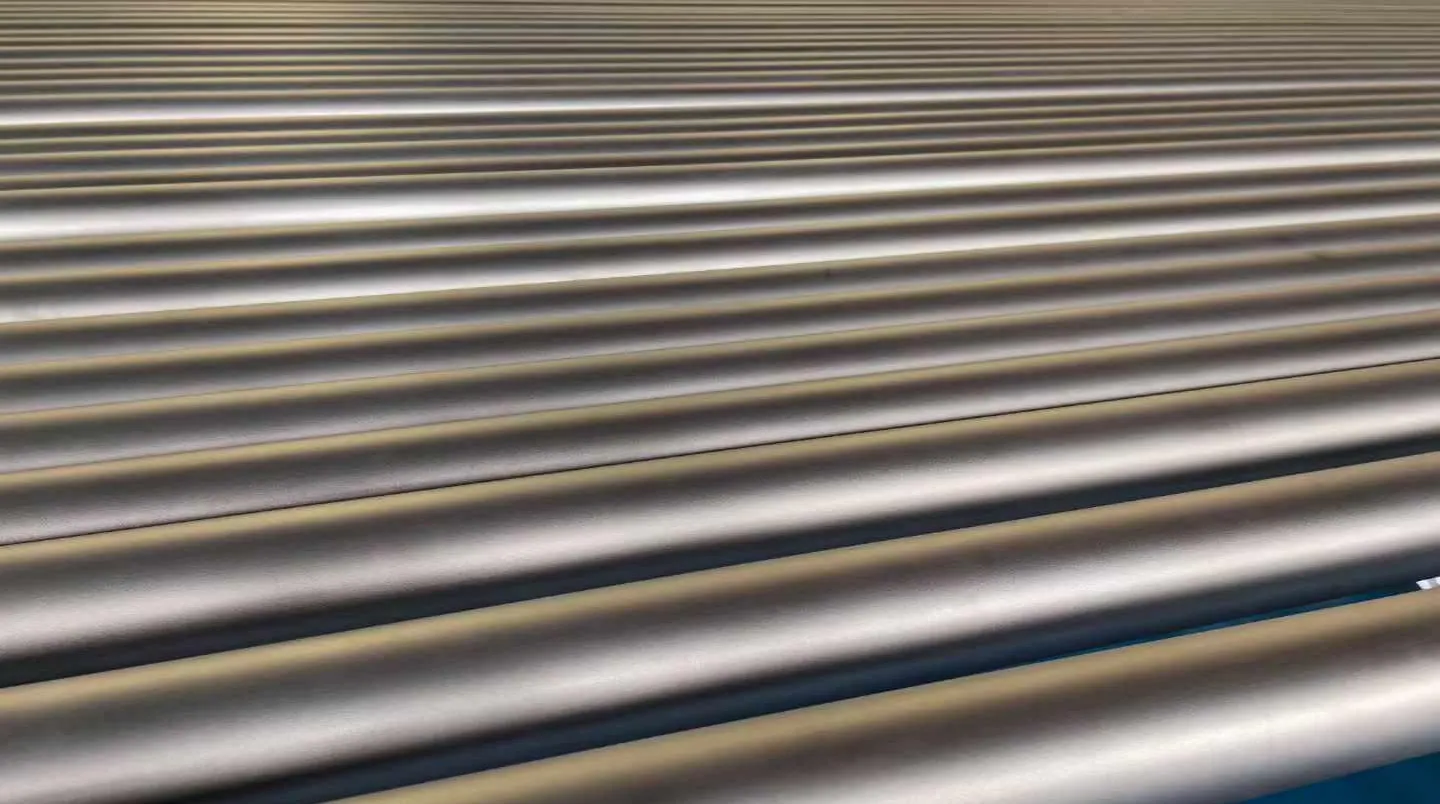O que é ferrugem de flange
Ferrugem do flange é um problema sério em muitos sistemas industriais. Ele afeta diretamente a segurança e a eficiência das redes de tubulação. flanges de aço inoxidável Isso se aplica a sistemas que usam tubos de aço inoxidável e acessórios para tubos de aço inoxidável. A seleção adequada do material é fundamental para evitar falhas nos flanges.
O que é um flange
Os flanges são um tipo de conexão usado para unir tubos, válvulas e outros equipamentos. Esse método de conexão é seguro e confiável, além de facilitar a desmontagem. Os flanges são fabricados com vários materiais selecionados por sua força e resistência à corrosão.
O que fazemos
- Tubos >
- Conexões >
- Flanges >
- Mais informações
Principais desvantagens da ferrugem do flange
A ferrugem do flange pode causar corrosão e rachaduras, enfraquecendo a resistência do flange e reduzindo a capacidade do flange de suportar pressão, o que pode levar a falhas repentinas. Um flange enfraquecido representa um sério risco à segurança.
A ferrugem do flange degrada a superfície de vedação. Isso cria caminhos para vazamentos. Os vazamentos de fluido de processo podem ser perigosos. Eles causam riscos ambientais e de segurança. Essa contaminação também leva à ineficiência do sistema.
Os efeitos da ferrugem do flange levam a inspeções mais frequentes. Eles exigem reparos caros ou substituição completa. Isso resulta em tempo de inatividade não planejado significativo. Esses custos se acumulam com o tempo.
Em última análise, a ferrugem do flange reduz a vida útil de todo o sistema. Ela força a substituição prematura de componentes. Essa corrosão pode se espalhar para os tubos de conexão. O sistema inteiro pode precisar de uma revisão completa. Isso é muito mais caro.
Seleção de materiais para combater a ferrugem do flange
Composição química por material
| Material | Fe | Cr | Ni | Mo | Outros elementos |
|---|---|---|---|---|---|
| Aço 304 | Bal. | 18,0 – 20,0 | 8,0 – 10,5 | – | C: ≤0,08, Si: ≤1,0, Mn: ≤2,0 |
| Aço 316L | Bal. | 16,0 – 18,0 | 10,0 – 14,0 | 2,0 – 3,0 | C: ≤0,03, Si: ≤1,0, Mn: ≤2,0 |
| Titânio | Bal. | – | – | – | Ti: ≥99,2, N: ≤0,03, H: ≤0,015, Fe: ≤0,3, O: ≤0,25 |
| Alumínio | 0 - 0.7 | 0,04 – 0,35 | – | – | Al: Bal., Mg: 0,8-1,2, Si: 0,4-0,8, Cu: 0.15-0.4 |
Propriedades mecânicas por material
| Propriedade | Aço 304 | Aço 316L | Titânio | Alumínio |
|---|---|---|---|---|
| Resistência à tração (MPa) | ≥515 | ≥485 | ≥345 | ≥275 |
| Resistência ao escoamento (0,2% Offset) (MPa) | ≥205 | ≥170 | ≥275 | ≥240 |
| Alongamento (%) | ≥40 | ≥40 | ≥20 | ≥10 |
O que fazemos
- Tubos >
- Conexões >
- Flanges >
- Mais informações
Aplicações de flanges em sistemas de tubulação
Os flanges nesses sistemas enfrentam ácidos e produtos químicos altamente corrosivos. O aço inoxidável 316L é uma escolha popular, pois seu teor de molibdênio oferece forte resistência à corrosão e é frequentemente usado para conexões de tubos de aço inoxidável em fábricas de produtos químicos.
Esses ambientes têm alto teor de cloreto, e a água do mar é muito corrosiva. Portanto, o flange de titânio é uma ótima opção, pois oferece resistência superior à corrosão por pite e em frestas, o que garante a confiabilidade e a longa vida útil do sistema.
O flange no setor de petróleo e gás opera sob pressão e temperatura extremas. Os flanges devem suportar hidrocarbonetos corrosivos e condições severas de fundo de poço. As ligas de alta qualidade são essenciais para evitar a ferrugem do flange e falhas catastróficas.
Para ambientes menos agressivos, são comuns os flanges de aço inoxidável 304, que oferecem um ótimo equilíbrio entre custo e resistência à corrosão e são adequados para muitas aplicações de tubos de aço inoxidável.
Um flange de alumínio é usado com frequência nesse setor. Eles são escolhidos por seu peso leve e resistência moderada, sendo adequados para aplicações de baixa pressão.
Como evitar a ferrugem do flange
- Escolha o material certo: esta é a etapa mais importante. Selecione um material de flange resistente ao seu ambiente operacional específico. Por exemplo, use aço inoxidável 316L para evitar a ferrugem do flange em condições marítimas.
- Aplique revestimentos protetores: os revestimentos criam uma barreira e separam o material do flange dos elementos corrosivos. Podem ser aplicados revestimentos ricos em zinco, tintas ou envoltórios anticorrosivos especializados.
- Implemente um cronograma de manutenção: inspeções regulares são cruciais. Procure sinais precoces de ferrugem no flange, como corrosão ou descoloração. Resolva esses problemas imediatamente com limpeza ou reparo.
- Assegure-se de que a instalação esteja correta: é essencial que a conexão do flange esteja firme e bem instalada. Use a junta do flange e os parafusos corretos. Uma vedação deficiente permite a infiltração de umidade e fluidos corrosivos, o que pode causar ferrugem grave na superfície de vedação do flange.
- Controle o ambiente: Quando possível, gerencie o ambiente ao redor dos flanges. Use desumidificadores em áreas de alta umidade. O isolamento também pode evitar a formação de condensação nas superfícies do flange. Essas medidas ajudam a combater a ferrugem do flange antes que ela comece.
Flanges que oferecemos
Contate-nos
- RM901 No.22 Tangjiaqiao Road Wenzhou China
- +86 577 8551 1171
- [email protected]
- https://www.kaysuns.com/



